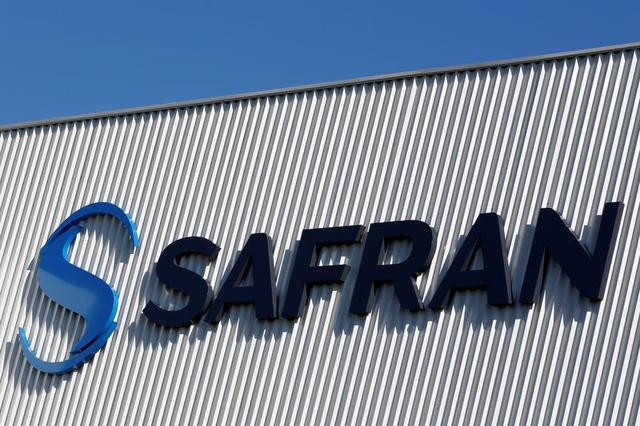After having a higher than expected first-half results, France's Safran, the second-largest aerospace supplier increased earnings forecast based on the same Leap engines present in Boeing's grounded 737 MAX planes.
Safran's Chief executive Philippe Petitcolin says the 737 MAX grounding's effect on the company's cash flow is a "timing issue" and he sees this reversing in the coming quarters.
Safran terms this as a "deferral of cash collection."
The aircraft engine and components maker of landing gears said that the company's recurring operating income increased by 36% amounting to 1.883 billion euros.
Its revenue went up by 27% to 12.102 billion.
Safran co-produces the controversial Leap engines of Boeing's grounded 737 MAX.
It is based on these same grounded Leap engines that the company expects its revenue growth to be around 15% compared to their initial expectation of 7-9%.
The demand for commercial aircraft and services are strong with trading shares being up almost 8% despite the uncertainty of 737 MAX grounding time ignited by Boeing's fastest-selling jet incurring two fatal crashes within five months.
Safran is part-owner of CFM International, the largest engine manufacturer, together with General Electric.
CFM engines are behind Boeing 737 MAX and half of its rival Airbus' engines.
Safran earns when CFM gets paid twice: through a share of deposits that the company receives when airlines pay upon ordering and when final payments get made upon delivery of the aircraft.
Safran's profit forecast is also based on the thought that the 737 MAX is returning to the skies in the fourth quarter.
Boeing's predictions of this time frame get based after approvals for new software and training finish.
Unfortunately, these had been delayed because of ongoing investigations.
By Boeing's expected time when 737 MAX flies again, Safran's free cash flow would be 50-55% of recurring operating income.
However, if the grounding lasts until the end of 2019, this percentage of cash conversion could turn below 50%.
Sources say many payments of airlines in connection to the 737 MAX stopped until settlements on compensation for the delays gets paid out by Boeing.
CEO Petitcolin in an official statement said that the first half results confirmed the "trajectory of vigorous growth" in the first quarter with a "very strong revenue" coupled with the increase in profits that trends "above initial full-year guidance across all divisions."
Petitcolin's mandated term in Safran has been extended to end in 2020 for a "smooth transition."
He overhauled the partially state-owned engine maker and defense firm by selling some security activities and taking over seat maker Zodia Aerospace.
Safran's shares doubled when Petitcolin took over in April 2015.






